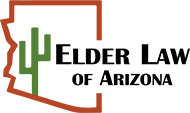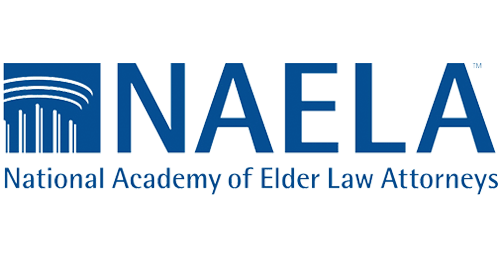Many people believe that if they have a will, their estate planning is complete, but there is much more to a solid estate plan. A good plan should be designed to avoid probate, save on estate taxes, protect assets if you need to move into a nursing home, and appoint someone to act for you if you become incapacitated.
All estate plans should include, at minimum, two important estate planning instruments: a durable power of attorney and a will. A trust can also be useful to avoid probate and to manage your estate both during your life and after you are gone. In addition, medical directives allow you to appoint someone to make medical decisions on your behalf.
Will

Trust

Certain trusts can also result in tax advantages both for the donor and the beneficiary. These could be “credit shelter” or “life insurance” trusts. Other trusts may be used to protect property from creditors or to help the donor qualify for Medicaid. Unlike wills, trusts are private documents and only those individuals with a direct interest in the trust need know of trust assets and distribution. Provided they are well-drafted, another advantage of trusts is their continuing effectiveness even if the donor dies or becomes incapacitated. For more information on trusts, click here.
Power of Attorney

Medical Directives
A medical directive may encompass a number of different documents, including a health care proxy, a durable power of attorney for health care, a living will, and medical instructions. The exact document or documents will depend on your state’s laws and the choices you make.
Both a health care proxy and a durable power of attorney for health care designate someone you choose to make health care decisions for you if you are unable to do so yourself. A living will instructs your health care provider to withdraw life support if you are terminally ill or in a vegetative state. For more information on health care decisions, click here.
Beneficiary Designations
Although not necessarily a part of your estate plan, at the same time you create an estate plan, you should make sure your retirement plan beneficiary designations are up to date. If you don’t name a beneficiary, the distribution of benefits may be controlled by state or federal law or according to your particular retirement plan. Some plans automatically distribute money to a spouse or children. Although others may leave it to the retirement plan holder’s estate, this could have negative tax consequences. The only way to control where the money goes is to name a beneficiary. For more information, click here.






